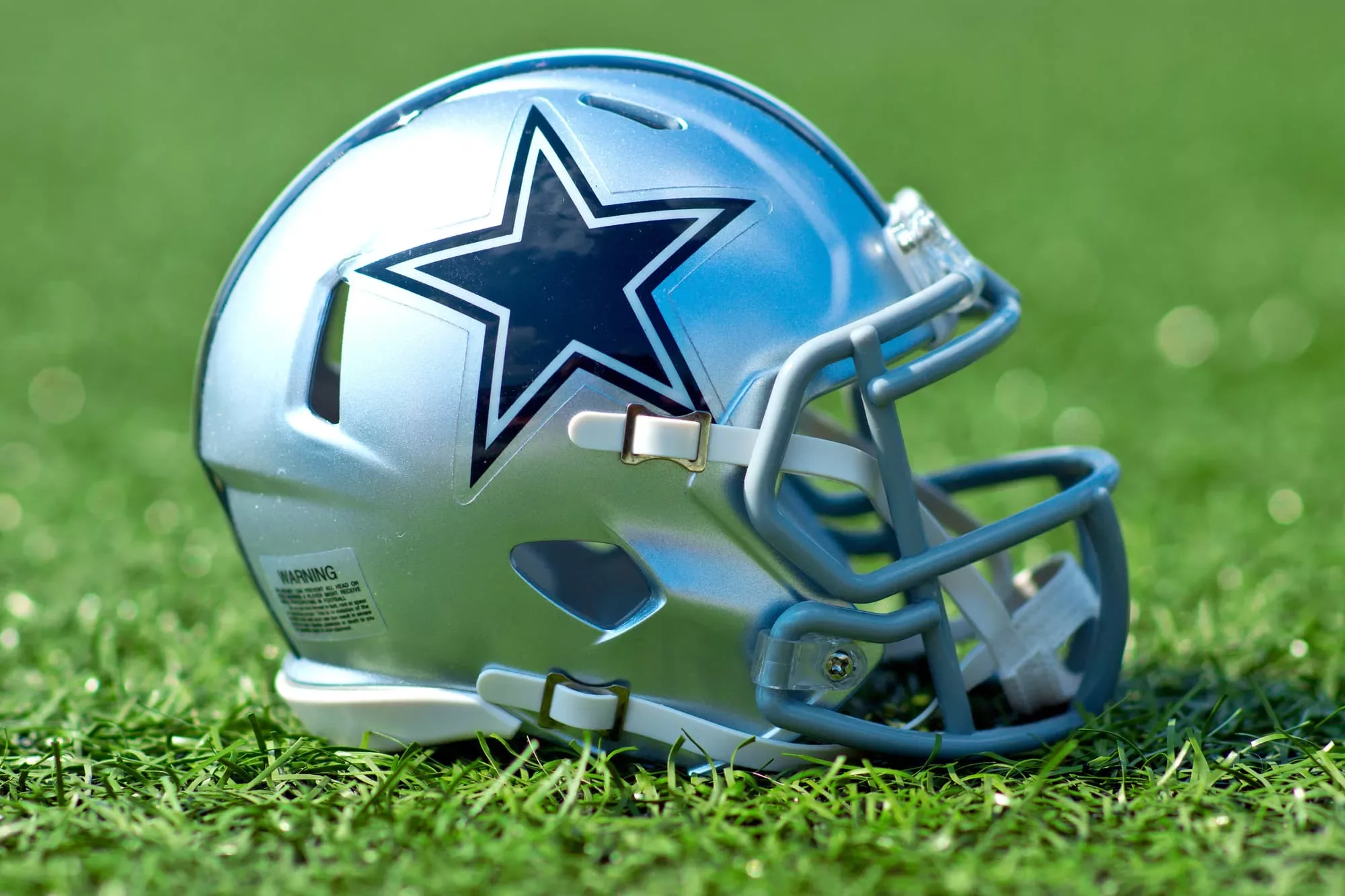The Denver Broncos organization is probably ecstatic after signing the new Russell Wilson contract extension.
Finally, after years of purgatory following Peyton Manning’s retirement, they’ve locked up an All-Pro and consensus top ten player at the most important position in sports. The Denver Broncos got their quarterback.
Will the Russell Wilson contract extension lead to a Super Bowl?
On September 1st, Wilson signed a contract extension that will keep him in Denver through 2028, when he turns 40 years old. He has two years remaining on his current deal — the cap hit for this season is $24 million and then $27 million next year. After that, it balloons to an average salary of $49 million per season. At $165 million guaranteed, it’s the third highest contract in the NFL, behind only Kyler Murray and Deshaun Watson.
What does that mean?
Their window will most likely close if the Denver Broncos don’t put a Super Bowl-caliber roster around Russell Wilson next offseason. Until 2024, Wilson will make less than 12% of the cap. That’s a great deal for a player of Wilson’s caliber. That gives the Broncos a ton of roster flexibility, but they’ll have to strike while the iron is hot.
After that, Russell Wilson’s contract extension will cause his salary to take up well over 20% of the cap. No team has ever won a Super Bowl paying a single player 15% of their total cap space. Unlike basketball, where a one guy can have an outsized impact on the game, that’s not possible in the NFL.
NFL teams have to roster 53 players and start 22 of those guys. For a quarterback to be successful, he needs a healthy ecosystem — an offensive line that doesn’t leave him running for his life and receivers he can trust. However, even that only assures success in one facet of the game. Ask Aaron Rodgers and the Green Bay Packers how hard it is to win a championship when only one side of the ball holds up their end of the deal.
Denver Broncos roster
This Denver Broncos defense gets a lot of hype, but they don’t have near the talent of the 2012 team that added Peyton Manning. And they definitely don’t have the horses the 2015 Super Bowl team had.
According to ESPN’s Pass Rush Win Rate (which tracks how often pass-rushers beat their blocker in under 2.5 seconds), the Broncos ranked dead last in the league. On top of that, they were middle of the pack in most counting stats – sacks, sack percentage, yard per play, and interceptions – they were ranked 15th or worse. They’re a league-average defense, and their premiere pass-rusher, Bradley Chubb, is often injured and peaked in his rookie season.
They spent the fifth overall pick on Chubb, and because they’ve traded away their first and second-round picks in 2022 and 2023, they’ll have to nail later-round draft picks to bolster the pass rush. Not an easy task — even first-round picks only hit at about a 30% success rate (success being signing a second contract with the team that drafted them). That number drops off exponentially past the second round.
The offense is much less of a concern. Both Courtland Sutton and Jerry Jeudy are highly rated at Pro Football Focus (PFF) and will thrive with a quarterback who can take advantage of their deep threat ability. On top of that, PFF ranked Denver’s offensive line as top ten in the league, and both Teddy Bridgewater and Drew Lock were near the top of the league in time to throw. Russell Wilson is probably jumping with joy after the trash o-lines Seattle saddled him with the last decade.
Final verdict
Russell Wilson’s Broncos contract isn’t among the worst NFL contracts of all time, but it will severely hinder Denver’s ceiling.
The offense will take care of itself. There’s no evidence that Wilson has taken a step back as a quarterback, but that alone isn’t enough to win a Super Bowl. It’s been shown repeatedly that teams tying up too much cap space on one player have a limited ceiling.
The Broncos will be better, but an average defense and Russell Wilson’s contract extension remove them from Super Bowl contention.





















Discussion about this post